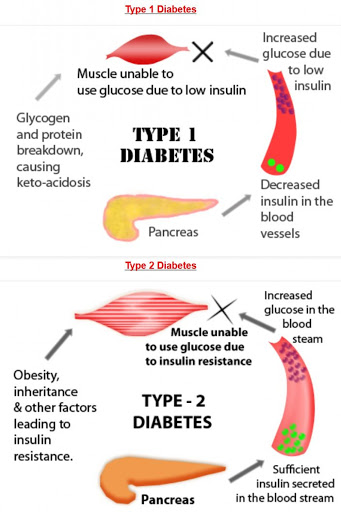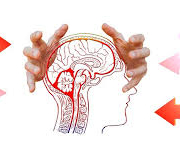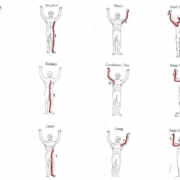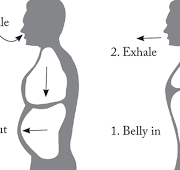The Difference Between Type 1 and Type 2 Diabetes
The Difference Between Type 1 and Type 2 Diabetes
When your blood sugar is too high, it can turn into diabetes. There are two types, Type 1 and Type 2.
Type 1 diabetes is our body fighting an immune system response. This could be an autoimmune problem or virus that damages the pancreas, or the source of insulin in the body. When we eat it goes into the bloodstream and creates insulin. If the immune system attacks the pancreas, we stop producing insulin. It can happen suddenly or gradually. Once 80-90% of the pancreas function is lost, is when we commonly see diabetes. For this type of diabetes, you will most likely be given insulin.
Type 2 diabetes is seen as the “lifestyle” diabetes. This is where you put so much sugar into your body that your pancreas creates more and more insulin. When your body’s cells, muscles, and liver are so full of sugar, they don’t let more in. The body is no longer reacting or listening to insulin anymore.

How Can We Help?
With Type 1 diabetes you will most likely need insulin, but we can help the cells become more receptive to insulin so it can react more efficiently. By looking into what can affect the cells, for example, the cells response to inflammation, we can reduce the inflammation in the body in order to increase the productivity of the insulin receptors.
We also like to find where other inflammation or dysfunction may be occurring in the body. One common cause is gut problems caused by eating foods that lead to inflammation. In order to create a balance within the body, there is a need to tackle what is causing the inflammation and heal the other problems that could occurring in your body.
Regarding Type 2 diabetes, we look at making the cells more responsive and changing your diet. One common problem with this is cravings. Several times, cravings are from not enough sugar getting into the cells. In this case, we also will look at why the body is responding poorly. Overall, there are ways that we can assist with increasing your quality of life with Type 1 and Type 2 Diabetes.
If you have any questions or would like more information, please feel free to contact our office at (608) 276-7635.
Here’s To A Better Life,
Dr. Steve Puckette









